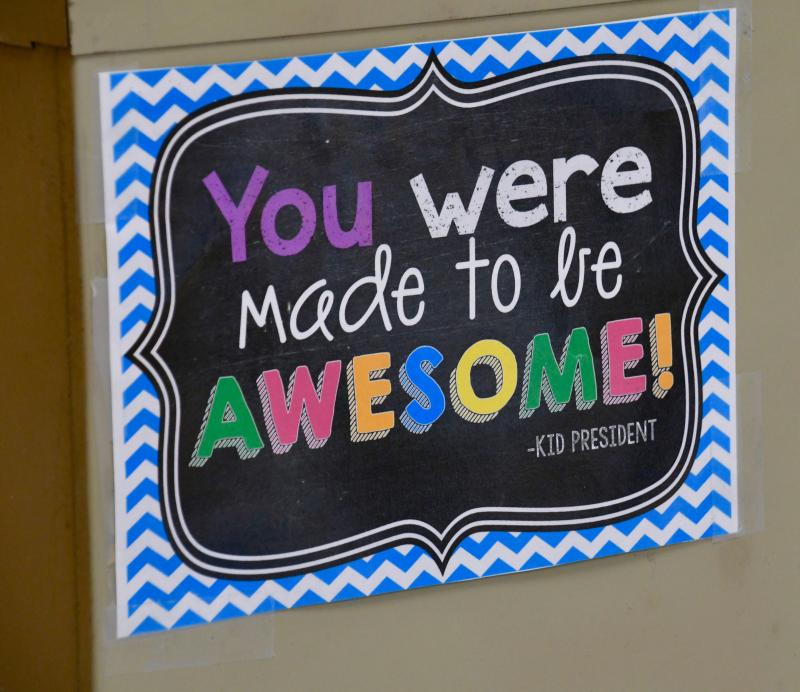Ensuring students’ social and emotional needs are met
The Cape district emotional/mental health subcommittee has met since spring to plan the reentry to school from a student and staff perspective, officials said.
Supervisor of Instructional Support LouAnn Hudson said the committee uses best practices and resources from state and mental health partners to provide communication and training to staff to help students adjust to the new normal and identify students who need additional support.
Teachers need support too, Hudson said.
“We’ve used restorative circles for communication in small-group sessions with staff,” Hudson said. “We need to know what they have been dealing with. Some families have thrived, while others have felt isolated. It’s been a different experience for everyone, and it’s important they share their celebrations and fears so they can be addressed.”
Administrators will be in schools as much as possible to show solidarity with teachers, Hudson said, and staff have been trained to use restorative practices with students to talk about COVID-19 and normalize mask-wearing.
“They’re using the science that’s already already out there to talk to students about how COVID spreads, how to protect yourself, how to wear a mask, and will work with remote and in-person students,” Hudson said.
Remote students may be sad they’re not attending school in person, Hudson said.
“We need to be prepared to hear all of it and be ready with teachable moments for students in lesson plans,” she said. “We’ll use the same debrief process used when there are natural disasters and kids have to leave school suddenly and return, adjusted to fit this situation.”
Hudson said teachers have been armed with question and listening techniques, so if they’re concerned about a student’s wellbeing, they have a path to follow with mental health professionals if more help is needed.
Teachers have been trained in trauma-informed and trauma-responsive classrooms, Hudson said, and have strategies to help students with traumatic backgrounds or experiences regulate themselves so they can be positive and contributing members of the classroom.
Hudson said school psychologist Eileen Baker and intervention specialists can assist students with major adjustment issues and help teachers set routines to help students succeed in the classroom.
“Students need to know someone cares unconditionally about them, and that they can grow,” Hudson said. “School is that place for a lot of kids where they feel safest and most successful. We want to help them adjust and be the great student and person we know they can be.”























































